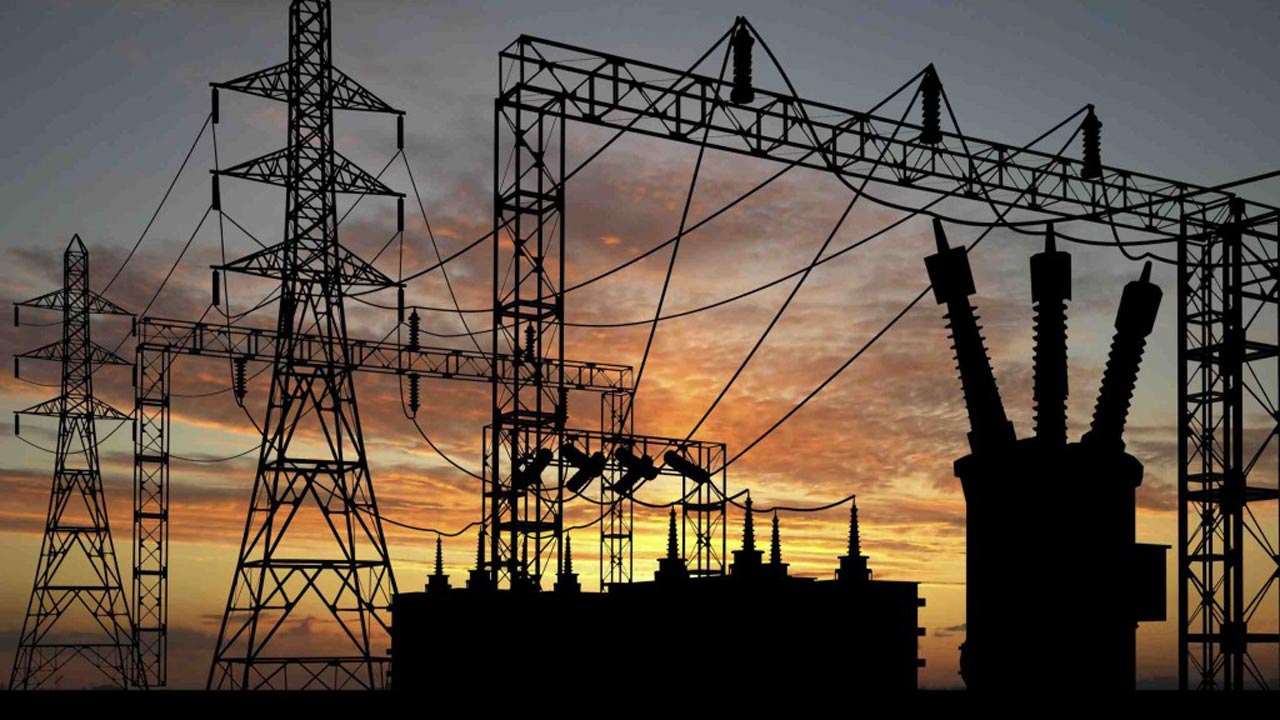*Says it will attract investments

Some financial analysts have urged the Federal Government to remove electricity subsidy in order to attract more investments into the sector.
They disclosed this in an interview with newsmen on Monday in Lagos, while reacting to the monthly electricity subsidy of N30 billion by the government.
The analysts said the removal of electricity subsidy would save the government scarce resources considering the present economic realities.
The former Executive Secretary Chartered Institute of Bankers of Nigeria (CIBN), Dr Uju Ogubunka, urged the Federal Government to remove the subsidy and check excess tariffs by the operators.
“Removal of electricity subsidy will breed competition and reduce inefficiency in the system. The regulator should be concerned with managing tariffs abuse,” Ogubunka said.
According to him, government should intensify efforts to ensure metering of more Nigerians to check abuse in the system.
He also called on political office holders to be more innovative in addressing the electricity challenges in order to grow the economy.
Mr Titus Okurounmu, a former Director, Central Bank of Nigeria, said the Federal Government could remove the subsidy, but not to create another monopoly.
READ ALSO: Smuggling: Nigeria’s daily consumption of petrol now 103m litres – NNPC
Okurounmu added that the Federal Government should do more in harnessing other sources of energy in the country.
“Government should invest more in other energy sources so as to augment the inadequate electricity grid.
“Having these alternative sources are most times environmentally friendly and will reduce reliance on the existing electricity network,” he said.
The Federal Government said recently that the amount spent on subsidising electricity every month in Nigeria is now about N30 billion.
It disclosed that the government’s subsidy on electricity had been reduced by N20 billion monthly following improvements in the collection of power tariffs by distribution companies.
The government stated this in a document on the progress and overview of Nigeria’s power sector by the Federal Ministry of Power in Abuja.

